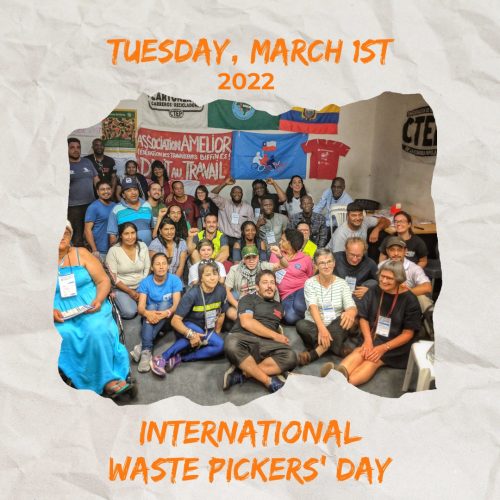
ANR


The ANR continues to fight for the rights of waste pickers in Colombia
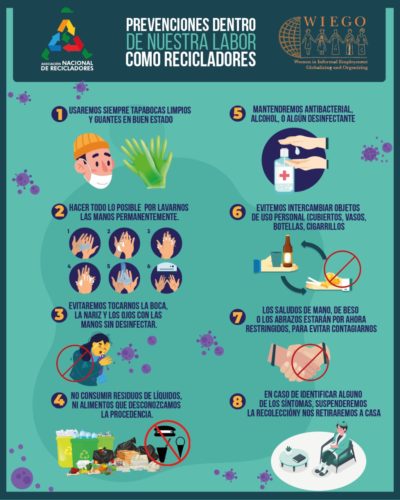
Recommendations to Prevent the spread of Coronavirus as Waste Pickers(ANR, Colombia)
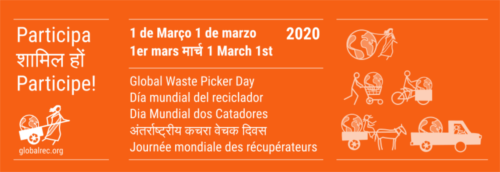
Mobilizations Around the World for Global Waste Pickers Day 2020
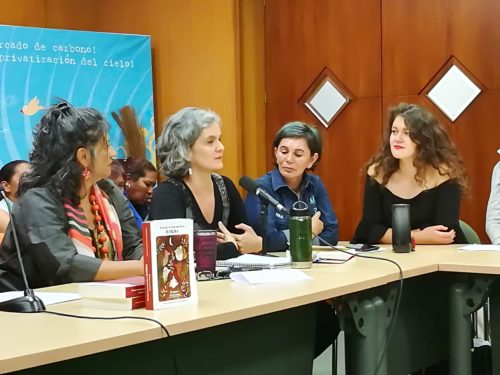
The Third Zero Waste Meeting Ecuador 2019 was Held in Quito
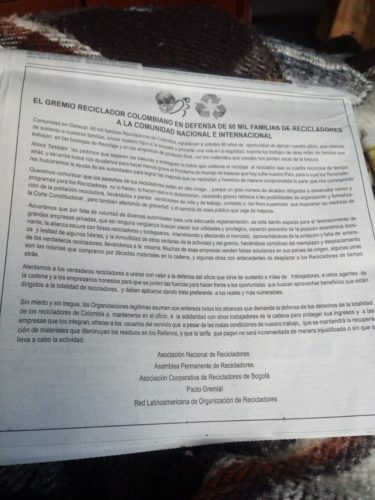
Press Release in Support of Colombian Waste Pickers’ Rights
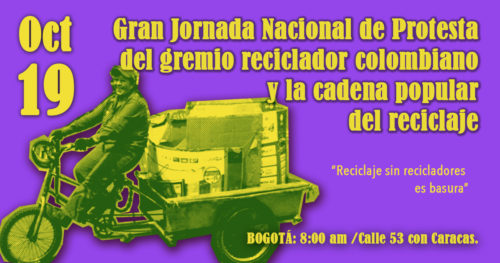
Rallies for the rights of Waste Pickers in Colombia
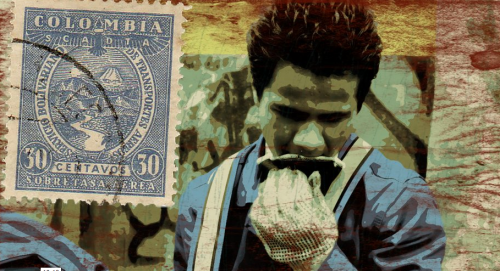
Struggling for Recognition: The Waste Pickers of Colombia
For the past 22 years, the waste pickers of Colombia have been fighting for recognition of their work. “There are no borders for those who fight,” is the slogan that symbolizes the struggle of the more than 15 million waste pickers, who are facing global threats – against their lives, organization and towards the environment.

Video: the recicladores of Bogotá on the ousting of Mayor Petro
In a video produced by ARB and supported by WIEGO, Silvio Ruiz Grisales, a Colombian recycler, spoke about the continued fight for the right to waste management in Bogotá.
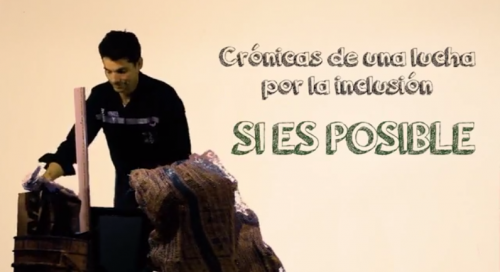
Video: Chronicles of a Struggle for Inclusion, Part 3: Sí Se Puede
Waste pickers have found that collective action in defense of their rights and livelihoods is an effective solution to transforming the difficult working conditions, discrimination and harassment they face.

Goldman Prize acceptance speech by informal recycler Nohra Padilla + Photos + White House visit
Here is a video of the Goldman Prize acceptance speech of Nohra Padilla, informal recycler and leader of the Colombian waste pickers’ movement. As part of the Goldman Prize, Padilla and other supporters of inclusive waste management (including the director of the Bogotá solid waste management department) were taken on a tour of San Francisco’s Zero Waste program. See the gallery of photos in this post. Also, Nohra Padilla is also scheduled to meet with President Obama. More on that soon!
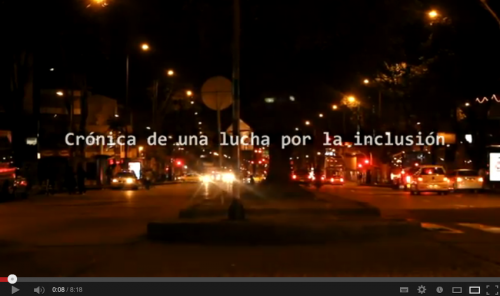
“Chronicle of a Fight for Inclusion: The December 2012 garbage crisis of Bogota” now with English subtitles
“Chronicle of a Fight for Inclusion: The December 2012 garbage crisis of Bogotá” (now with English subtitles) shows organized waste pickers promptly taking actions to reduce the impact of the garbage crisis in Bogota and giving an account of the series of unfortunate events and bad decisions that led to it, and of their struggles and victories throughout time to secure their rights and livelihoods. In doing so, they demonstrate their capacity to provide efficient and quality services to the city’s waste management system.
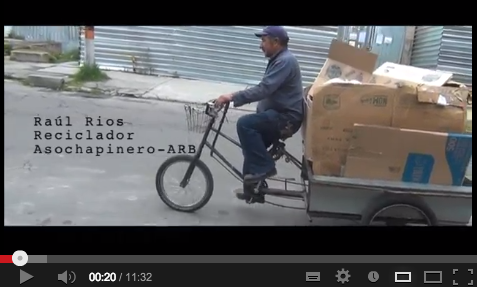
Part 2: “Chronicles of a Fight for Inclusion: The December 2012 Garbage Crisis of Bogotá”
This video discusses Auto 275, a Bogotá law meant to protect waste pickers’ rights as public service providers and to guarantee payment. It led to the court order that resulted in the organized waste pickers of Bogotá receiving priority as service providers and receiving payment for the first time. Auto 275 is explained via interviews conducted by a Bogotá waste picker with government authorities. The version with English subtitles is coming soon!
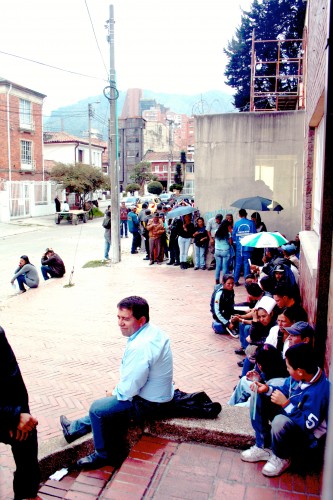
A time to celebrate! Dreams come true for the organized waste pickers of Bogotá
After over 20 years of fighting for recognition and inclusion in the city’s waste management system, the organized waste pickers of Bogotá finally saw their dreams come true when the municipal government issued them in March their first payment for the collection and transportation of recyclable materials. It was the first time they were paid as public service providers to the city.

1° de marzo: photo gallery of events in Bogotá
Algunas imágenes de nuestros eventos en este 1 de marzo 2013 en Bogotá!

Video – Chronicles of a struggle for inclusion: The December 2012 garbage crisis in Bogota
“Chronicles of a struggle for inclusion: The December 2012 garbage crisis of Bogota” shows organized waste pickers promptly taking actions to reduce the impact of the garbage crisis in Bogota and giving an account of the series of unfortunate events and bad decisions that led to it, and of their struggles and victories throughout time to secure their rights and livelihoods.

